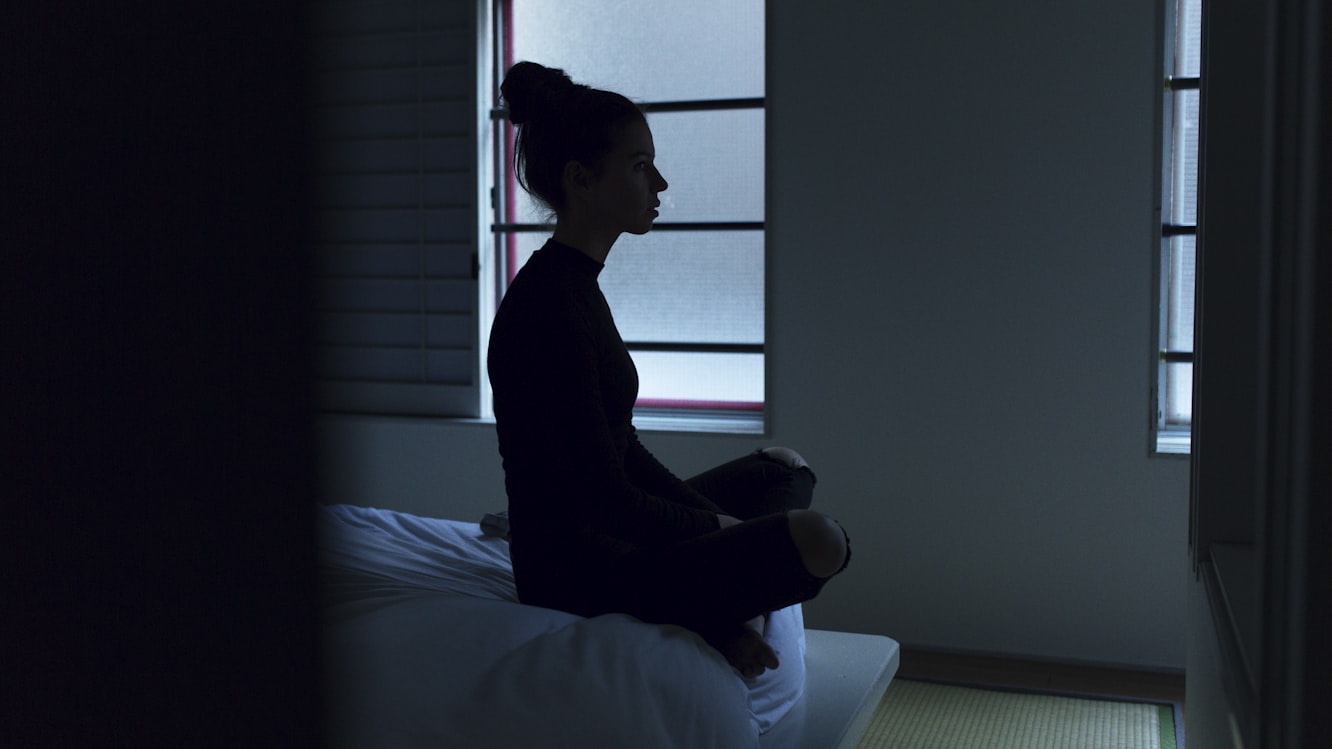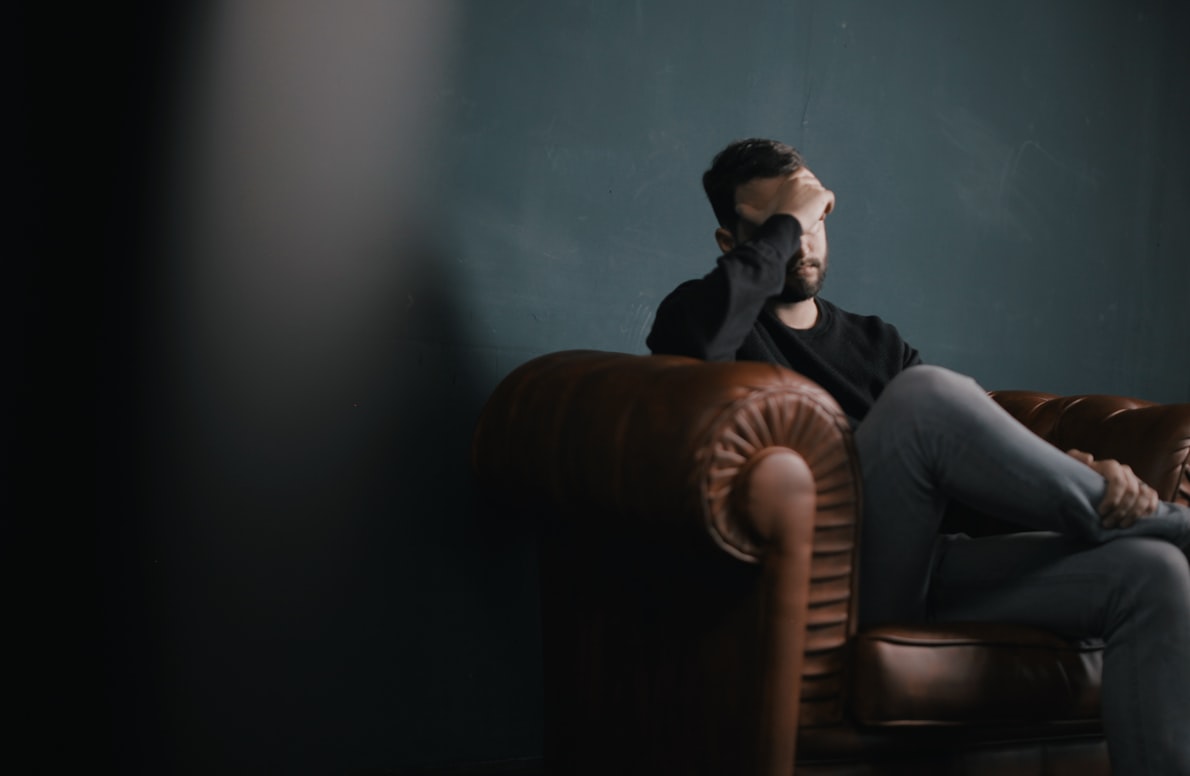What Exactly Is Depression?
Depression (major depressive disorder) is a widespread and significant medical condition that has a negative impact on how you feel, think, and behave. It is, however, curable. Depression is characterized by melancholy and/or a lack of interest in previously appreciated activities. It may cause a number of mental and physical issues, as well as a reduction in your capacity to operate at work and at home.
Symptoms of depression may range from moderate to severe and include:
- Sadness or a gloomy mood
- Loss of interest or enjoyment in previously appreciated activities
- Appetite changes — weight loss or increase that is unrelated to dieting
- Having difficulty sleeping or sleeping excessively
- Increased weariness or a decrease in energy
- Increased involuntary physical activity (e.g., difficulty to sit still, pacing, or handwringing) or slower motions or speech (these actions must be severe enough to be observable by others)
- Feelings of inadequacy or guilt
- Thinking, focusing, or making judgments are difficult for you
- Suicide or death-related thoughts
For a diagnosis of depression, your symptoms must endure at least two weeks and show a change in your prior level of functioning.
Furthermore, medical diseases (e.g., thyroid issues, a brain tumor, or vitamin deficiency) may resemble depression symptoms, so it's critical to rule out any general medical reasons.
In any given year, depression affects around one in every fifteen persons (6.7 percent). One out of every six persons (16.6%) will suffer depression at some point in their lives. Depression may strike at any age, although it is most common between the ages of late adolescence and mid-twenties. Depression is more common in women than in males. According to some research, one-third of women will have a significant depressive episode at some point in their lives. When first-degree relatives (parents/children/siblings) are depressed, there is a significant degree of heritability (about 40%).
Sadness Or Grief/Bereavement Are Not The Same As Depression
A person's grief might be exacerbated by the death of a loved one, the loss of a career, or the breakup of a relationship. It's natural to experience melancholy or grief in reaction to such events. Those who have suffered a loss often describe themselves as "depressed."
Being sad, on the other hand, is not the same as being depressed. Grieving is a normal and individual process that has some of the same characteristics as depression. Grief and depression may both cause extreme sorrow and a retreat from normal activity. They also vary in significant ways:
- In grieving, unpleasant emotions come in waves, typically mingled with fond recollections of the departed. Mood and/or interest (pleasure) are reduced for the majority of the two weeks in serious depression.
- Self-esteem is frequently preserved while people are grieving. Self-loathing and feelings of worthlessness are typical in serious depression.
- When thinking about or dreaming about "joining" a departed loved one, thoughts of death may arise. In serious depression, thoughts turn to taking one's life because one feels unworthy of living or unable to deal with the anguish of despair.
Grief and depression may dwell side by side. The death of a loved one, the loss of a career, or being the victim of a physical attack or a big tragedy may all cause sadness in certain individuals. When sorrow and depression occur together, the grief is more profound and lasts longer than sadness alone.
It's crucial to distinguish between grieving and depression so that individuals can obtain the aid, support, and therapy they need.
Depression may be caused by a number of circumstances, including:
- Biochemistry: Differences in some substances in the brain may have a role in depressive symptoms.
- Depression may run in families. If one identical twin develops depression, the other has a 70% risk of developing the disease later in life.
- Personality: People who have poor self-esteem, are quickly overwhelmed by stress, or are gloomy in general tend to be more prone to suffer from depression.
- Continuous exposure to violence, neglect, abuse, or poverty may make certain individuals more susceptible to depression.
What Are The Different Types Of Depression Treatments?
Depression is one of the most curable mental illnesses. Between 80% and 90% of persons with depression respond effectively to depression therapy. Almost all patients get some symptom alleviation.
A full diagnostic assessment, which includes an interview and a physical examination, should be conducted by a health expert prior to a diagnosis or therapy. A blood test may be performed in certain circumstances to ensure that the depression is not caused by a medical disease such as a thyroid problem or a vitamin deficit (reversing the medical cause would alleviate the depression-like symptoms). With the purpose of arriving at a diagnosis and determining a course of action, the examination will identify specific symptoms and examine medical and family histories, as well as cultural and environmental variables.
Medication: An individual's brain chemistry may have a role in their depression and its therapy. As a result, antidepressants may be taken to assist alter brain chemistry. These aren't sedatives, "uppers," or tranquilizers. They aren't addictive. Antidepressant medicines have little impact on those who aren't depressed.
Antidepressants may provide some relief during the first week or two of treatment, but full effects may take two to three months to manifest. If a patient's mood does not improve after a few weeks, his or her psychiatrist may adjust the medication's dosage or add or replace another antidepressant. Other psychotropic medicines may be beneficial in certain cases. If a drug does not work or if you encounter adverse effects, it is important to inform your doctor.
Psychiatrists often advise patients to continue taking medication for six months or longer after their symptoms have improved. For select persons at high risk, longer-term maintenance therapy may be recommended to reduce the chance of future episodes.
Psychotherapy, often known as "talk therapy," is occasionally used alone to treat mild depression; however, psychotherapy is frequently used in conjunction with antidepressant drugs to treat moderate to severe depression. CBT has been shown to be useful in the treatment of depression. CBT is a kind of treatment that focuses on fixing problems right now. CBT teaches a person how to notice distorted/negative thinking and how to change their ideas and actions so that they can react to difficulties in a more positive way.
Psychotherapy may be limited to one person, but it may also include others. Family or couples counseling, for example, may assist with challenges that arise in these intimate relationships. Group therapy puts individuals with similar conditions together in a safe, supportive setting, and it may help the participant understand how others deal with similar issues.
Treatment might take a few weeks or much more, depending on the severity of the depression. In many circumstances, considerable progress may be accomplished in only ten to fifteen sessions.
Electroconvulsive Therapy (ECT) is a medical therapy for people with severe major depression who have failed to respond to conventional therapies. While the patient is anesthetized, a short electrical stimulation of the brain is performed. ECT is usually given two to three times each week for a total of six to twelve sessions. A psychiatrist, an anesthesiologist, and a nurse or physician assistant are normally in charge of it. ECT has been utilized since the 1940s, and years of study have led to significant advancements and acceptance of its efficacy as a "mainstream" therapy rather than a "last option."


